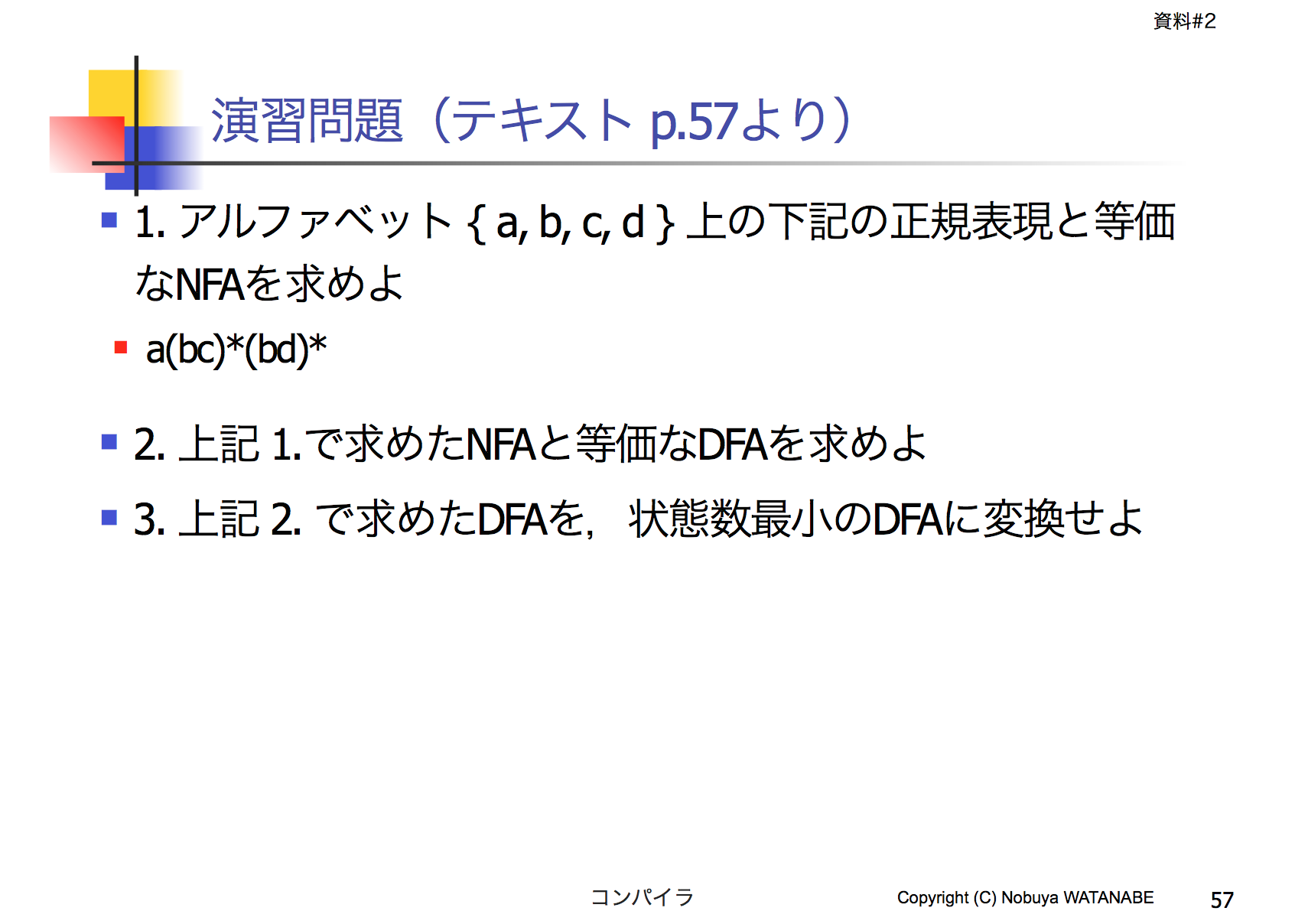
Principles Compiler Design Alfred V Aho Jeffrey D Ullman Pdf Reader
Awkeygen.exe aw.dat. You'll find that as a student people will be more suspicious of you and it preyasi raave telugu movie mp3 songs takes one person to report you for your life to be changed dramatically, also the govourning bodies involved with schools, universities, etc. Using the run utility and type: awkeygen. Best Answer: 1.Create folder called FLEXLM, paste the aw.dat and awkeygen.exe to this directory 2.Start>Autodesk>Common Utilities>FLEXML>System Settings then copy the ethernet adress, when you have to ethernet adress, copy the first Ethernet code (something like 001a92c292f7.) 3.open aw.dat with notepad, paste the adress in the word 'your host' 4.drag the aw.dat to the awkeygen.exe (or type. Awkeygenexe awdat.
Contents • • • • • First edition [ ] The first edition (1986) is informally called the 'red dragon book' to distinguish it from the second edition and from Aho & Ullman’s 1977 sometimes known as the 'green dragon book' Topics covered in the first edition include: • structure • (including and ) • (including,,, and ) • • (including and ) • (including, and ) • (including ) • Second edition [ ] Following in the tradition of its two predecessors, the second edition (2006) features a dragon and a knight on its cover, and is informally known as the purple dragon. Of became a co-author with this edition.
Mar 12, 2018 - Principles Compiler Design Alfred V Aho Jeffrey D Ullman Pdf File. Recognizing that few readers will ever go on to construct a compiler, retain. Compilers: principles, techniques, and tools / Alfred V. In the time since the 1986 edition of this book, the world of compiler design. We recognize that few readers will build, or even maintain, a compiler for a.
The second edition includes several additional topics, including: • Directed translation • New data flow analyses • • • New case studies See also [ ] • • • • References [ ].
Compilers: Principles, Techniques and Tools, known to professors, students, and developers worldwide as the 'Dragon Book,' is available in a new edition. Every chapter has been completely revised to reflect developments in software engineering, programming languages, and computer architecture that have occurred since 1986, when the last edition published. The authors, recognizing that few readers will ever go on to construct a compiler, retain their focus on the broader set of problems faced in software design and software development. New chapters include: Chapter 10 Instruction-Level Parallelism Chapter 11 Optimizing for Parallelism and Locality Chapter 12 Interprocedural Analysis. About the Author(s) Alfred V. Aho is Lawrence Gussman Professor of Computer Science at Columbia University.
Professor Aho has won several awards including the Great Teacher Award for 2003 from the Society of Columbia Graduates and the IEEE John von Neumann Medal. He is a member of the National Academy of Engineering and a fellow of the ACM and IEEE. Lam is a Professor of Computer Science at Stanford University, was the Chief Scientist at Tensilica and the founding CEO of moka5. She led the SUIF project which produced one of the most popular research compilers, and pioneered numerous compiler techniques used in industry.
Ravi Sethi launched the research organization in Avaya and is president of Avaya Labs. Previously, he was a senior vice president at Bell Labs in Murray Hill and chief technical officer for communications software at Lucent Technologies. Ben 10 battle ready game pc.

He has held teaching positions at the Pennsylvania State University and the University of Arizona, and has taught at Princeton University and Rutgers. He is a fellow of the ACM. Jeffrey Ullman is CEO of Gradiance and a Stanford W. Ascherman Professor of Computer Science at Stanford University. His research interests include database theory, database integration, data mining, and education using the information infrastructure. He is a member of the National Academy of Engineering, a fellow of the ACM, and winner of the Karlstrom Award and Knuth Prize.